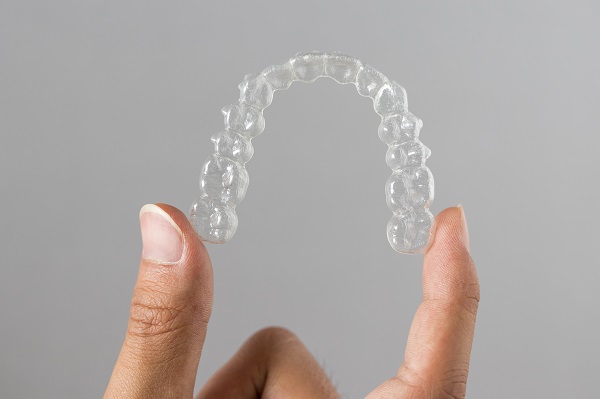IV Conscious Sedation Can Help With Your Dental Anxiety

Major factors to consider when undergoing a dental procedure are safety and comfort, which is why dentists often recommend IV conscious sedation to calm patients who are particularly nervous. Sedating a patient is typically safe and is an excellent way to alleviate stress levels before, during and after the procedure.
Administered for patients dealing with mild dental anxiety and those who are about to undergo a complex or lengthy procedure, conscious sedation usually refers to using light IV sedation. Conscious sedation keeps the patient awake while the procedure lasts, but induces a deep state of relaxation.
How IV conscious sedation works
Sedation often takes different forms. Intravenous (IV) sedation is administered via a needle inserted into the vein. According to the American Society of Dentist Anesthesiologists, nitrous oxide is used to induce the patient into sleep before the dentist inserts the needle, typically into the veins in the back of the patient’s hand. They may also insert a needle into the patient’s throat to support breathing.
Before sedation
The American Academy of Pediatric Dentistry (AAPD) suggests that patients learn about the sedation process and prepare themselves accordingly so they can better tolerate sedation and other dental treatments. Patients are advised to limit food and drink intake before sedation, and they must abide by the rules of the process to ensure maximum safety since sedation can cause them to vomit and inhale stomach contents into the lungs.
It is helpful to dress in loose-fitting clothing as this makes it easier for dental assistants to attach monitors easily and quickly. Patients must be ready to present their full medical records and inform the dentist if they are currently under any form of medication or supplements.
At the dentist's office
The dentist will administer the sedative drug through the vein to make the effect kick in quickly. With IV conscious sedation, the dentist will continually adjust the sedation level. Unlike general anesthesia, the patient will be almost awake and able to respond to verbal commands or react to physical touch. The class of medication often used in dental offices are known as the benzodiazepines, and midazolam is most commonly used because it acts quickly and wears off faster.
The dentist will continue to monitor the patient’s blood oxygen level, temperature, blood pressure and heart rate to ensure the patient’s safety during the procedure. Once the sedation kicks in, the patient should feel calm and experience no form of pain during the procedure.
After sedation
The patient may feel a bit nauseous or confused after the procedure, which is normal. The patient should be monitored closely, as the aftereffect of sedation includes dizziness, nausea, sleepiness and loss of physical coordination. In the event of complications, reach out to the dental office immediately.
In summary
IV conscious sedation is completely safe and fuss-free with adequate preparation and proper care. Everyone is prone to dental anxiety and that is normal. By having clear discussions with the dentist, you will be able to ensure a pain-free and pleasant experience.
Request an appointment here: https://jorgealvarezdds.com or call Jorge L Alvarez DDS at (520) 722-1655 for an appointment in our Tucson office.
Check out what others are saying about our services on Yelp: Read our Yelp reviews.
Recent Posts
Considering invisible braces? Clear aligners provide a subtler way to straighten teeth without compromising the appearance of one's smile. Metal brackets were once the standard when it came to dealing with misaligned teeth, but an increasing number of people are saying "No" to having a mouth full of metal brackets and wires while straightening their…
Patients today have a variety of teeth straightening options to choose from. Adults can benefit from a range of treatments that can fit their lifestyle. It is never too late to achieve the smile you want with discreet adult teeth straightening options. Read on to learn more about the various options.There are different types of…
Cosmetic dentistry offers a way for patients with a gummy smile to achieve a more attractive smile that they can be proud of. One of the most frequently recommended treatment options for a gummy smile is crown lengthening. Understanding the benefits of treatment and who is an ideal candidate can help you decide if it…
If you have partial dentures, you still have natural teeth on your jaw that require care. Proper oral hygiene is not just for your natural teeth, but also for the partials, since proper care can keep them clean, stain-free, looking good and lasting longer. A properly maintained partial will function adequately, which means eating your…


